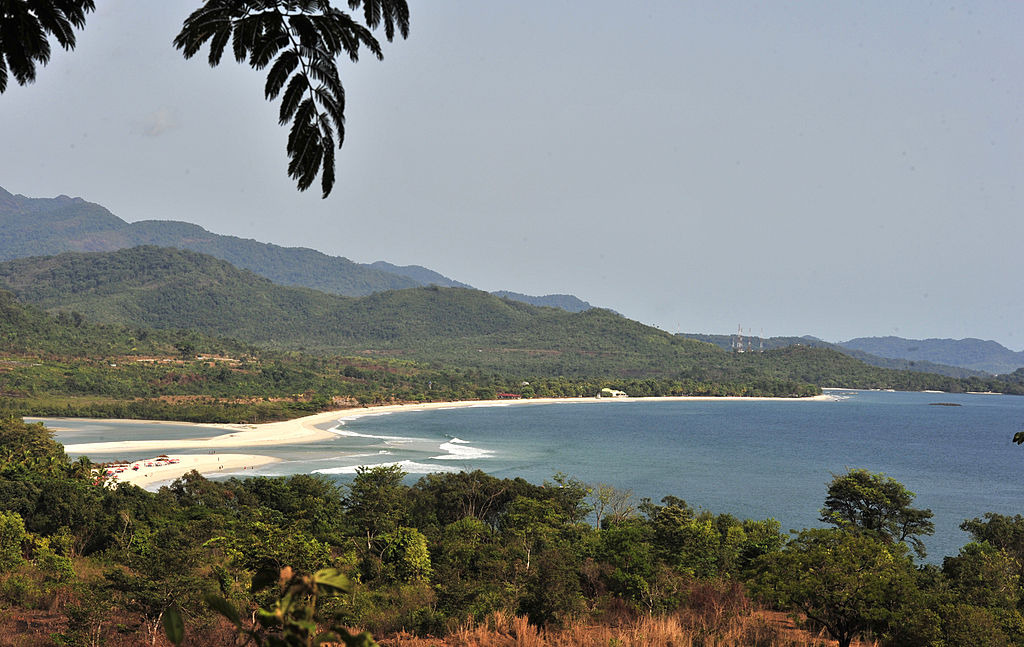China Trashing the Global Environment: 'There Is No Fish in the Waters'
by Robert Williams • April 15, 2023 at 5:00 am
"Risks to marine habitats are most prominent in Caribbean island nations, such as the Bahamas and Antigua and Barbuda, as well as coastal waters across Africa, most notably along Western and Central African coastlines. In the Bahamas, Angola and Mozambique, more than 2,000 km2 of marine habitats face high impact risks." — bu.edu, December 6, 2022
"Across Angola, Fiji, Sri Lanka and Indonesia, more than 50,000 square kilometers of marine habitats are "facing low but non-negligible risks from nearby projects." — bu.edu, December 6, 2022
Ports built or financed by the Chinese, the study found, pose the greatest risks to marine habitats; the risks remain high even up to 30 kilometers from the port.
China's overseas infrastructure projects are not the only ones ruining marine habitats. China's enormous fishing fleet is simultaneously contributing not only to the severe devastation of marine ecosystems but also to the destruction of the livelihoods of local fishermen.
Chinese fishing boats are destroying the livelihoods of West African fishing communities on the West African coast. Due to illegal Chinese fishing, they could be losing more than $2 billion each year.
In Ghana... illegal fishing boats use Ghanaian flags, but, according to the Environmental Justice Foundation, 90% of those boats belong to Chinese owners.
"There is no fish in the waters. We used to catch up to 90 trays of sardinella fish a day and now we barely get five trays a day." — Dembo Touray, fisherman Bakau, Gambia's largest fishing community, aa.com.tr, 2020.
Even though, in 2019, Communist Chinese President Xi Jinping pledged that the BRI would become "green and sustainable," he did not say when.
"China says it will follow environmental guidelines, but history has shown these protections are nonexistent." — William Laurance, distinguished research professor of the Centre for Tropical Environmental and Sustainability Science at James Cook University in Cairns, Australia, The Guardian, September 20, 2021
Additionally, China already mines 70% of all rare earth materials, a situation that has made the world virtually dependent on it. The future of the African continent's environment, in short, looks anything but sustainable.

China's overseas infrastructure projects present high-impact risks to the environment, a new study has found.
The report -- conducted by researchers from the Boston University Global Development Policy Center, the University of Queensland, the University of California Santa Barbara, and Colorado State University -- focused on the risks to coastal and marine ecological systems posed by 114 of China's overseas development projects between the years 2008-2019. According to the document, those 114 projects represent only 20% of all Chinese development finance projects in that time period, meaning that the results of the study are probably just the tip of the iceberg.

